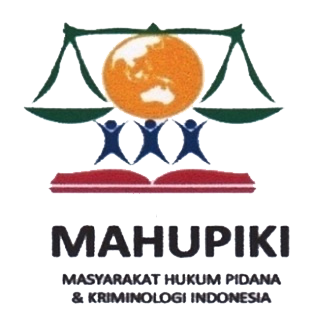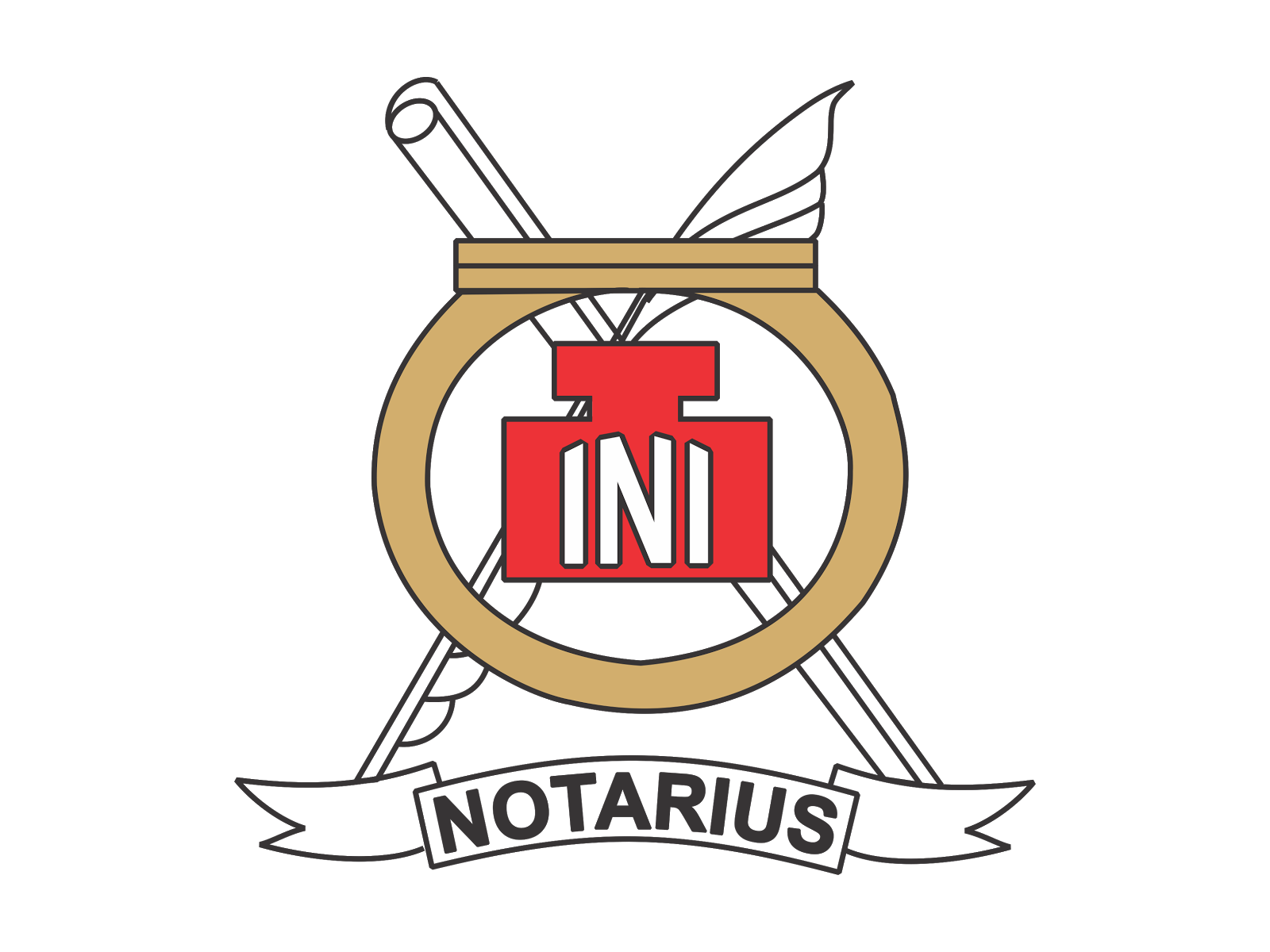PENEGAKAN TINDAK PIDANA KORUPSI DI INDONESIA DARI ASPEK HUKUM PIDANA DI BIDANG EKONOMI (Studi Kasus: Penyalahgunaan Dana Bantuan Sosial)
DOI:
https://doi.org/10.35586/jhs.v1i3.8771Abstract
Corruption is still a tradition for government officials, even during the Covid-19 pandemic, there are gaps of opportunity that are visible to them. In 2020, the social assistance program for handling Covid-19 is valued at around Rp. 5.9 trillion with a fee per food package of Rp. 10,000. In December 2021, the Corruption Eradication Commission (KPK) named the former Minister as a suspect in the alleged bribery case for social assistance in handling the Covid-19 pandemic in the Jabodetabek area in 2020 through a hand arrest operation. In fact, corruption and bribery are two inseparable things, where if there is corruption there must be several people behind it who accept bribes to launch the corruption. The purpose of this study is to analyze the emergence of allegations of corruption that occurred at the stage of filing a proposal for social assistance funds (bansos), and to understand conceptually the supervision of financial assistance (bansos) in the perspective of economic criminal law. This study uses a normative juridical method with a statutory approach and a case approach. The results of the study indicate that corruption has characteristics where corruption requires special handling and control from law enforcement officials and the role of the government in strictly controlling economic practices so that the potential for corruption can be prevented. Corruption is an extraordinary crime so extraordinary measures are needed (extraordinary enforcement) and extraordinary measures (extraordinary measures).
Downloads
Published
How to Cite
Issue
Section
License

This work is licensed under a Creative Commons Attribution-ShareAlike 4.0 International License.
Authors who publish with this journal agree to the following terms:
- Authors retain copyright and grant the journal right of first publication with the work simultaneously licensed under a Creative Commons Attribution-ShareAlike 4.0 International License that allows others to share the work with an acknowledgement of the work's authorship and initial publication in this journal.
- Authors are able to enter into separate, additional contractual arrangements for the non-exclusive distribution of the journal's published version of the work (e.g., post it to an institutional repository or publish it in a book), with an acknowledgement of its initial publication in this journal.
- Authors are permitted and encouraged to post their work online (e.g., in institutional repositories or on their website) prior to and during the submission process, as it can lead to productive exchanges, as well as earlier and greater citation of published work (See The Effect of Open Access).
Jurnal Statuta have CC-BY-SA or an equivalent license as the optimal license for the publication, distribution, use, and reuse of scholarly work.
In developing strategy and setting priorities, Jurnal Statuta recognize that free access is better than priced access, libre access is better than free access, and libre under CC-BY-SA or the equivalent is better than libre under more restrictive open licenses. We should achieve what we can when we can. We should not delay achieving free in order to achieve libre, and we should not stop with free when we can achieve libre.
You are free to:
- Share — copy and redistribute the material in any medium or format
- Adapt — remix, transform, and build upon the material for any purpose, even commercially.
The licensor cannot revoke these freedoms as long as you follow the license terms.

Jurnal Statuta licensed under a Creative Commons Attribution-ShareAlike 4.0 International License.











